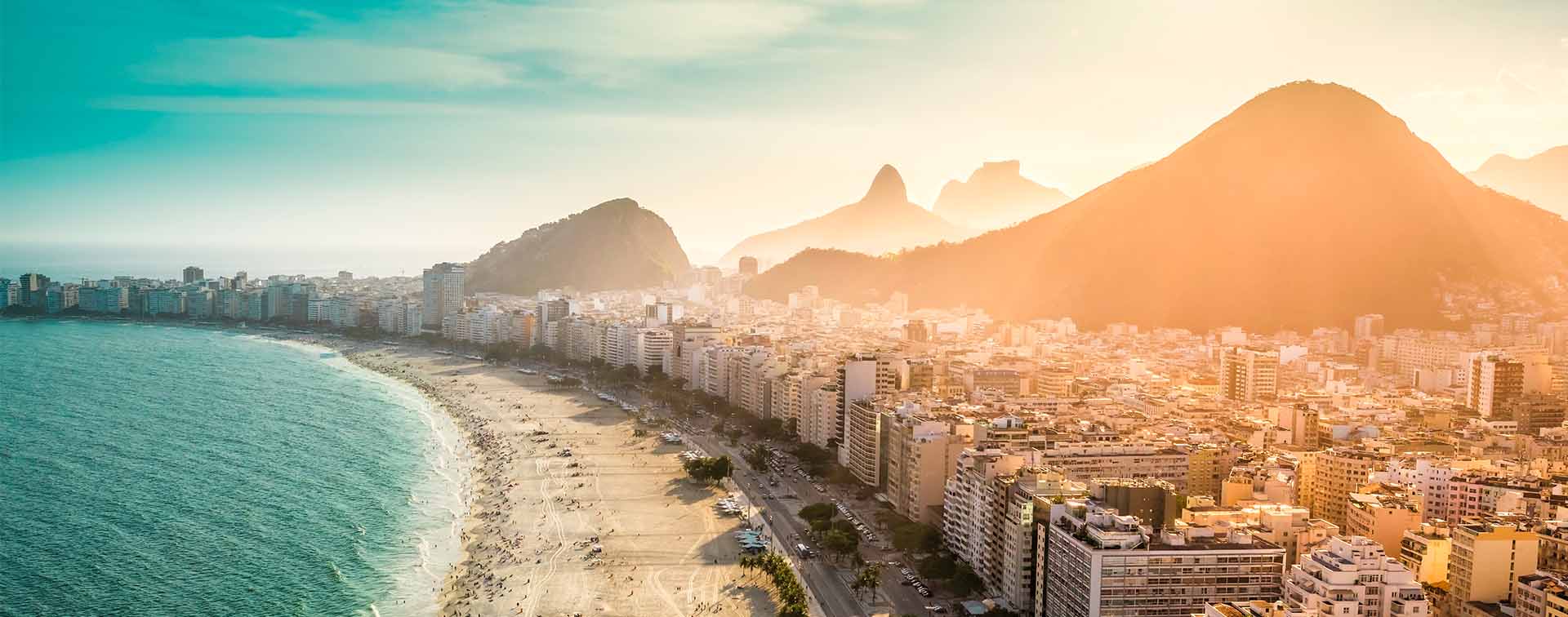
Dr. Victoria Finn is a Max Weber Fellow researching migration and citizenship at the European University Institute.
As we enter 2023, South America is experiencing increased human mobility following the downswing of Covid-19, along with challenges relating to Venezuelan communities who have been leaving their country en masse since 2015. Leaders newly elected in 2022 in Brazil, Chile, and Colombia will need to manage these shifts in mobility and migration alongside other priorities over the coming year within tighter post-pandemic budgets.
While insistent Covid-19 infections and long-term effects continue to affect individuals in the region and world at large, the re-opening of borders and lifting of the pandemic travel bans have meant increased opportunity for human mobility. Despite interruptions over an extended health pandemic, South America is still witnessing largely intraregional migration patterns. Remaining restrictions are not due to the pandemic but rather stem from immigration becoming politicized and the continued repercussions of the Venezuelan crisis.

Over seven million Venezuelans are now living abroad — that is, about 20% of the population has left the country due to the ongoing political and economic crisis. The situation represents the second-largest human displacement globally and may surpass the largest, the Syrian exodus. Of the Venezuelans abroad, about 5.5 million remain in South America, highlighting the norm of intraregional migration. Peru hosts about 1.5 million, whereas another 1.5 million are split about evenly between Brazil, Chile, and Ecuador.
The top receiver of arrivals is neighboring Colombia, now home to at least 2.5 million Venezuelans. The country reacted by first offering temporary protection to 700,000 people, then in a landmark decision in 2021, offered a 10-year protection to about 1.7 million Venezuelans living in Colombia. Permanent protection reduces the uncertainty felt by displaced individuals, who can concentrate on living and working rather than on gathering documents and working irregularly. It also positively affects the Colombian state since the country can collect taxes immediately from this new labor source and, as long as the protection is offered and accessible, it avoids having a large undocumented population within the territory.
A long-term visa for Venezuelans also avoids the bureaucratic overload of processing asylum applications. Almost one million Venezuelans are asylum seekers, awaiting decisions on refugee status. Unlike Andean countries that reacted with more restrictive access and fewer regularization routes, Brazil at first applied the Mercosur Residence Agreement to Venezuelan nationals, even though Venezuela had not ratified the agreement. Then, despite initial reluctance to provide refugee status, Brazil implemented prima facie recognition of Venezuelans as a group.
Group recognition means that Brazil eliminated one-on-one interviews, a typical practice in the asylum process. Brazil is also asking Venezuelans to choose to apply for immigrant or refugee status on arrival. This process is an innovative approach because it allows individuals to determine what is best for them, instead of waiting years for a state to decide their fate. The practice also accommodates those who arrive without passports and documents such as official criminal background checks (which are very difficult to obtain before leaving Venezuela), thereby letting them still apply for refugee status. These new measures reduce the huge bureaucratic backlog of processing asylum seekers’ applications.
Brazil, Chile, and Colombia all elected left-leaning governments in 2022. Further north, Costa Rica also elected a new president, Rodrigo Chaves. Colombia chose Gustavo Petro as president, a former guerrilla in M19, along with Afro-Colombian woman Vice President Francia Márquez. Their progressive campaign for women and ethnic minorities, if put into practice, could spill over into further support and protection for immigrants. After having one of the highest pandemic death tolls, exacerbated by its Covid-denier President Jair Bolsonaro, Brazil’s Luiz Inácio Lula da Silva won the presidency by just a 1.8% margin. Lula was popular during his first administration, 2003–2010, but perhaps even more well-known internationally thereafter for his court convictions and imprisonment for corruption charges.
The left also returned to Chile, replacing right-leaning President Sebastián Piñera, who had taken an overall restrictive immigration approach. The country’s power changed hands in March 2022 when left-wing Gabriel Boric Font became the new president, prioritizing the re-writing process of the 1980 constitution reigning from the Pinochet era (albeit since extensively amended). Ending in failure, high voter turnout resulted in 62% rejecting the constitutional draft. For immigration, a much-needed 2021 law replaced a related 1975 law; its more restrictive side makes administrative deportations easier and gave immigrants who clandestinely entered Chile about six months to leave in 2022, which Boric emphasized while trying to calm anti-immigrant backlash in the north. The law’s more inclusive side outlines more naturalization avenues and better legal protection to avoid statelessness. Looking ahead, it seems both Lula and Boric will dedicate more time in 2023 to mending the economy and gaining popularity than on migration and mobility.